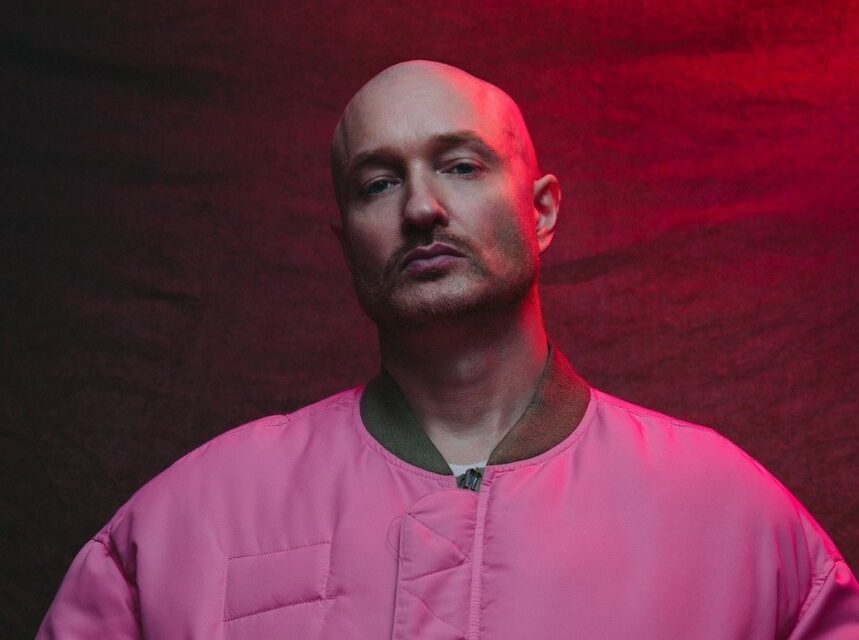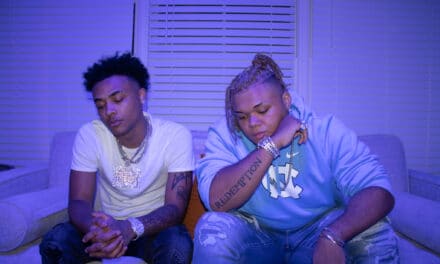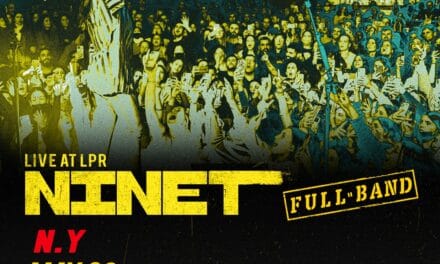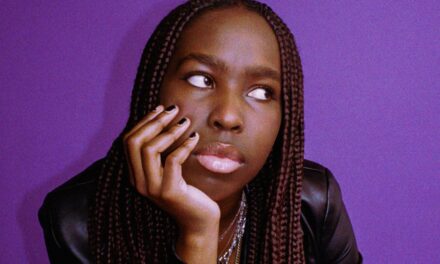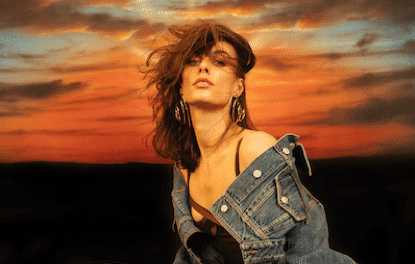Cazwell, the downtown NYC queer icon of hip hop, has long redefined what it means to fuse sex, humor, and audacious style with music. From his early breakout with Peace Bisquit in 2006 to his recent charting of queer culture through bold visual and sonic statements, Cazwell has built a career that’s as fearless as it is playful. Known for hits like “All Over Your Face,” “Ice Cream Truck,” and “I Seen Beyoncé at Burger King,” he has consistently celebrated sexual liberation and self-expression while breaking barriers in hip hop.
Today, Cazwell returns with a new chapter: the release of “PILE DRIVER” in collaboration with 808 BEACH, alongside a remastered version of the 2008 cult classic “I Seen Beyoncé” featuring Jonny Makeup. Both tracks are part of his upcoming double LP compilation, “HITS ALL OVER YOUR FACE [The Peace Bisquit Collection],” out September 12. The project curates remastered hits, deep cuts, and new favorites from his tenure with the legendary Brooklyn label, honoring Cazwell’s enduring legacy as a queer hip-hop trailblazer while celebrating Peace Bisquit’s 35th anniversary.
In this conversation, Cazwell discusses the pleasure and politics in his work, the evolution of his sound from carefree pop to high-octane electro-tech house, and the creative arc that links his early classics to his latest releases. From unapologetic lust to cultural commentary, he reflects on the music that continues to challenge, uplift, and celebrate queer identity while offering a guidepost for his younger self and the next generation of listeners.
“Daddy” slaps with a bold, hypersexual energy. How do you see the intersection between pleasure and resistance in your work?
Well, when being gay, particularly in this conservative climate, pursuing pleasure in my work becomes a form of resistance. It pretty much always has. Even going back to when I first dropped “All Over Your Face,” I recognized that gay men needed to connect with music that reflected their sexual liberation.
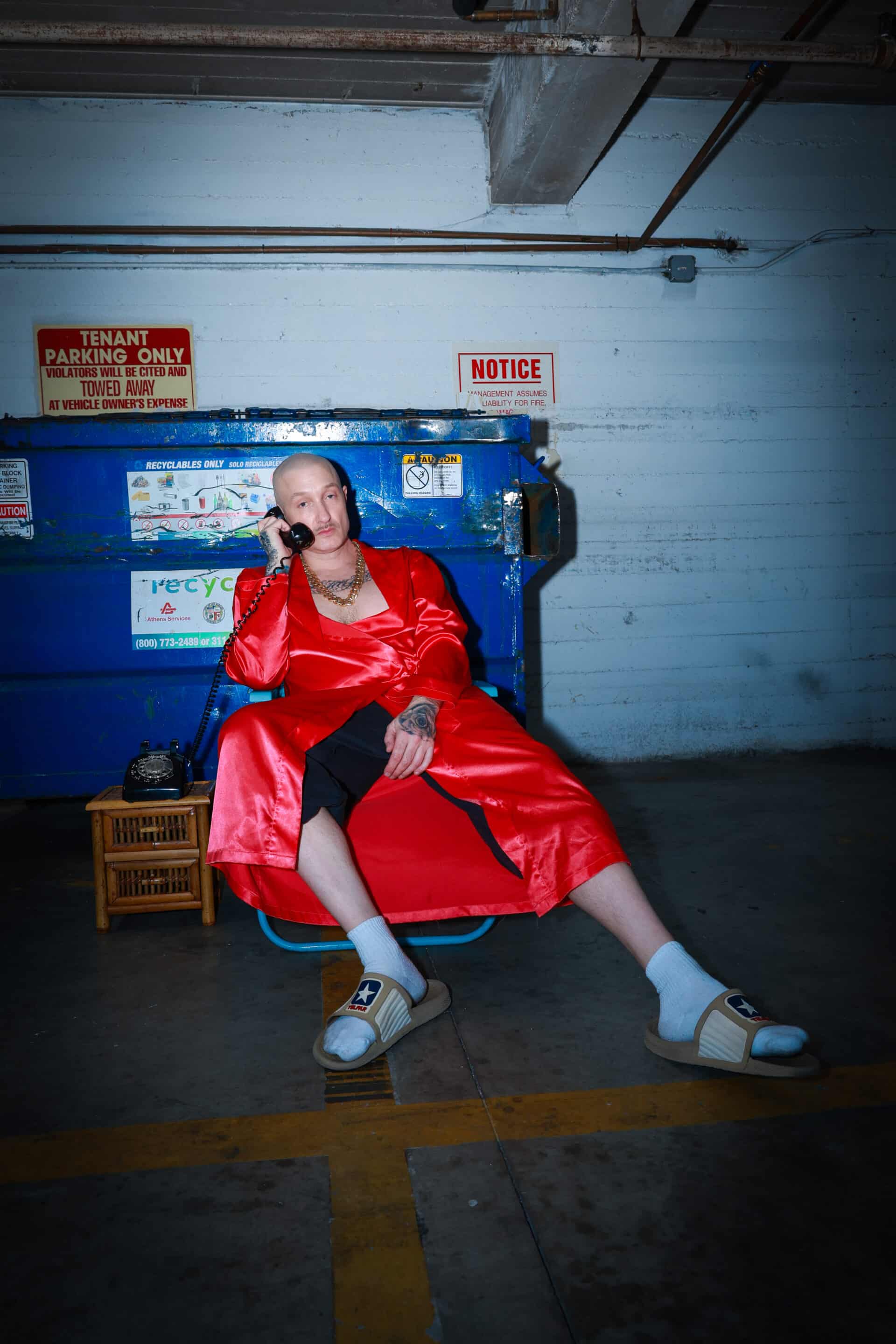
You started recording “Daddy” with MASCFISH to accompany Daddy Department, your clothing brand. At what point did you know this track was more than just merch synergy and needed to become a standalone banger?
True, at first, it was just going to be a song to accompany the Daddy Department brand. I think as soon as I heard Jeo Rodriguez record the “I love you Daddy” chorus, I believed this song had great potential to possibly cross over and be a single.
You’ve said you can’t be at every protest, but you can write a song about eating ass. What’s the last moment in culture or politics that made “Daddy”?
Probably last year, when Trump was running for re-election. That’s when everyone was talking about Project 2025 and how the conservative movement wanted to implement its ideas. I think my defense mechanisms naturally lead me into writing songs like “Daddy” when I feel cornered.
The contrast between your carefree Obama-era tracks and the rougher sound of your new material is striking. What sounds or textures did you deliberately lean into for “Daddy” to reflect that shift?
I think I was just leaning into what has been inspiring me the past year with dance music and working with producers and co-writers, 808 BEACH. Artists like Charli XCX, COBRAH, and Slayyyter were also bringing a harder, electronic sound to the dance floor.
In remastering “Unzip Me” with Peaches, what details did you want to preserve, and what did you feel needed to evolve? Was there anything in the original that surprised you while listening back?
Nothing really surprised me when re-listening to the song. I was reminded of how much I love Peaches’ voice. Preserving her vocals was the most important to me. A new remastering of the song beefed up the guitar and drums, so I am happy with how it turned out.
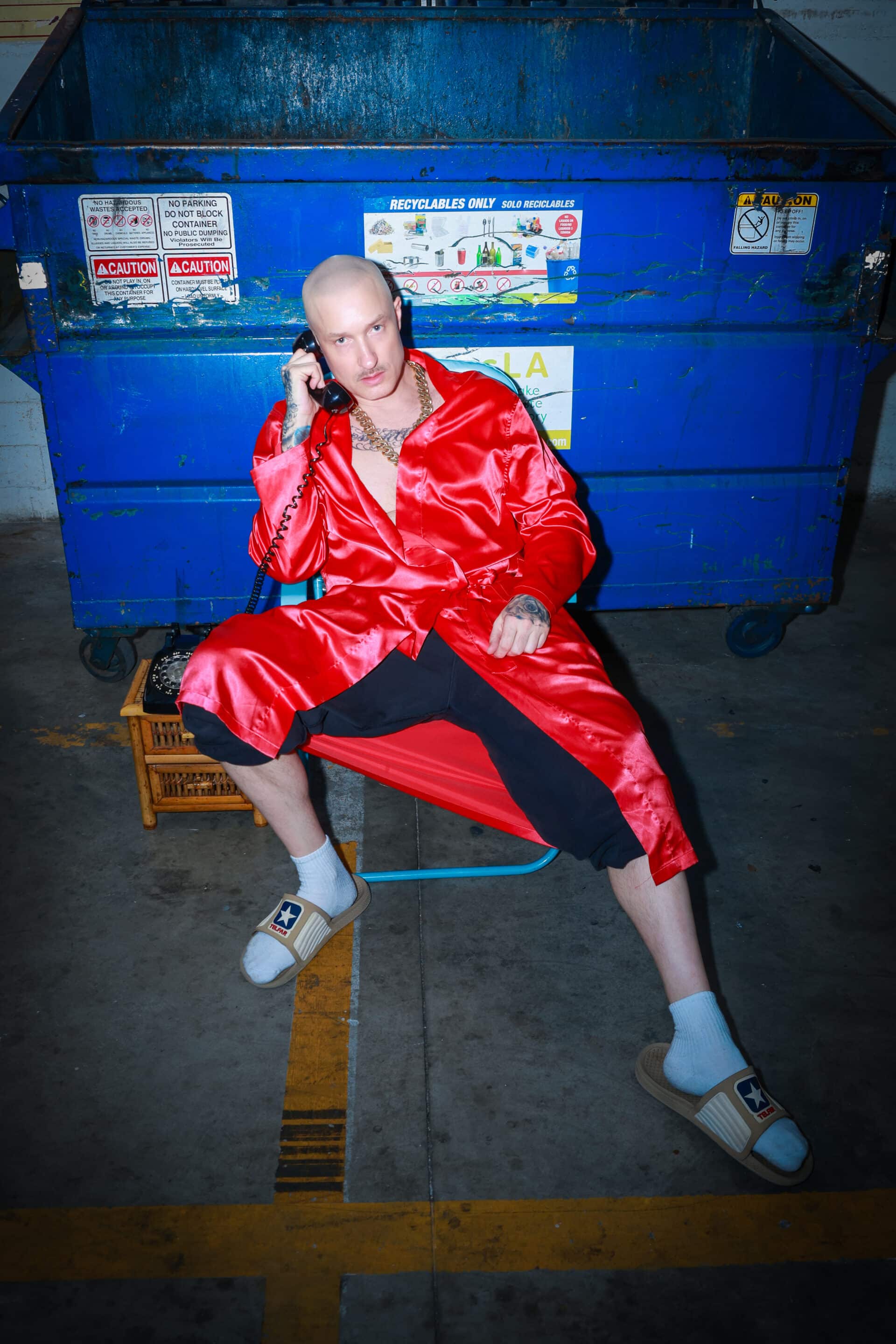
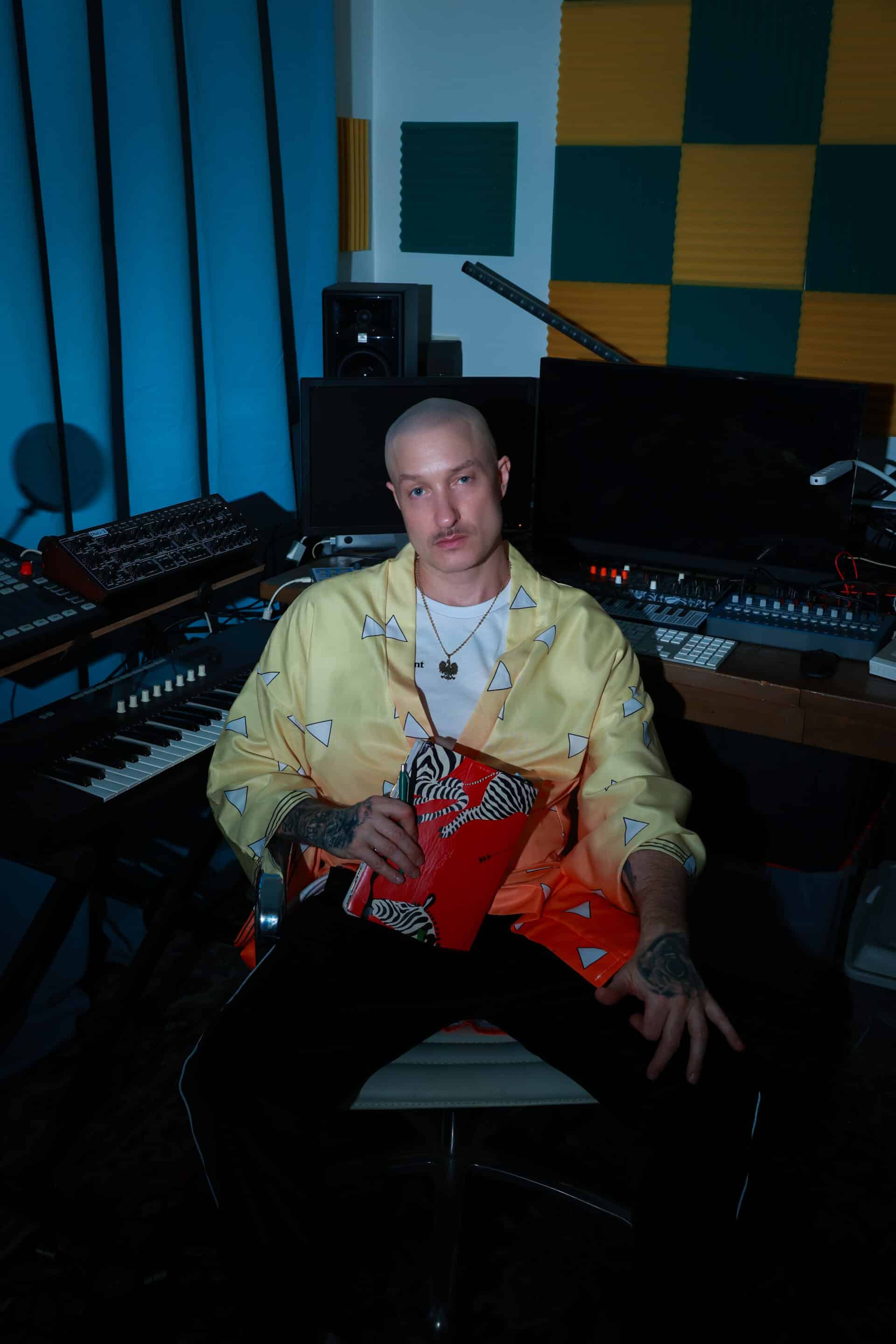
A lot of your music challenges, shames, and uplifts queer identity. Do you ever write with your younger self in mind, and if so, what track on this compilation would you give him first?
There is a part of me that always writes with my younger self in mind. I would definitely give him a song like “I Blocked Your Number” (from 2014’s Hard 2 B Fresh). It’s aggressive, yet fun, and carries a cartoonish element that always appeals to me in music.
With the release of “PILE DRIVER” and the remastered “I Seen Beyoncé,” what kind of story or arc are you building across this double release? Is it curated like a timeline, a mood, or something more?
I reunited with my label and A&R, Peace Bisquit, for this project, and they curated HITS ALL OVER YOUR FACE. For the most part, the songs were organized in terms of what sounded best next to each other and also served as an introduction to those who may be unfamiliar with some of my full catalogue from 2006 til today. The first song on the 2-disc compilation, “No Selfie Control,” is a really good song to dip your toes into the water before you start the journey and travel through the rest of the album.
Follow Cazwell: Instagram | YouTube | Spotify | Apple Music
Follow Peace Bisquit: Website | Instagram | YouTube

